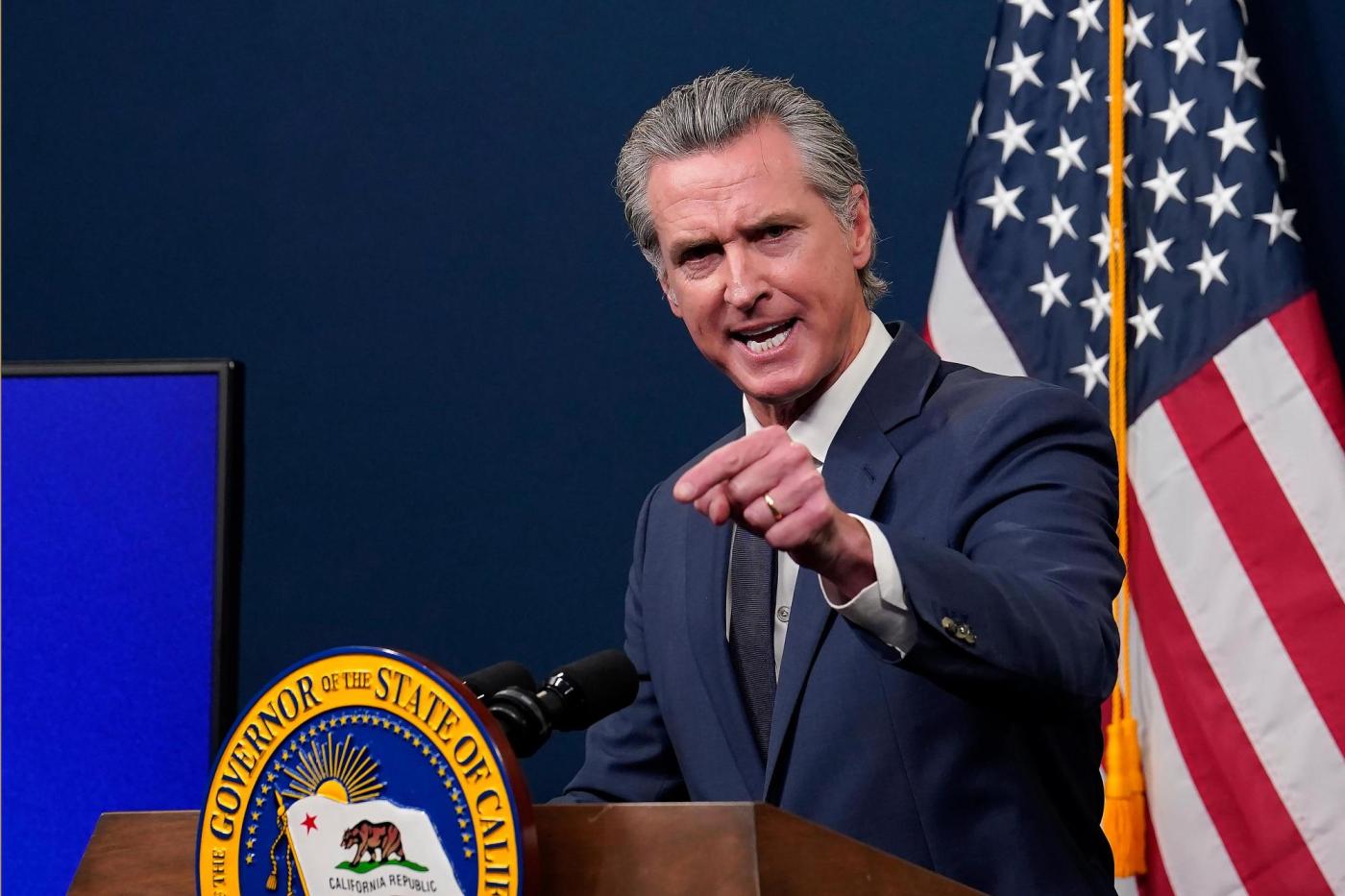Marjorie Taylor Greene, a prominent Republican representative from Georgia, has recently taken steps that suggest a significant shift in her political stance, challenging the longstanding dominance of former President Donald Trump within the Republican Party. Greene, known for her controversial and provocative statements, appears to be diverging from Trump’s influence, raising questions about her political ambitions and the future of the GOP.
Greene’s recent actions include supporting the release of documents related to the Jeffrey Epstein case, a move that contradicts Trump’s wishes. This decision, while shocking to some, aligns with a broader trend among right-wing figures who are starting to question Trump’s approach. In addition, Greene has publicly criticized Trump’s support for Israel and expressed sympathy for Gaza, as well as opposing his reluctance to support Ukraine.
Her willingness to extend Obamacare subsidies and Supplemental Nutrition Assistance Program (SNAP) benefits further marks a departure from traditional Republican positions. Greene has framed these issues as essential for working families, which could alienate her from Trump loyalists and the party establishment.
In a notable shift, Greene has also adopted a more conciliatory tone in her public appearances. Recently, she has appeared on mainstream media, offering apologies for her previous behavior and distancing herself from the QAnon conspiracies that initially characterized her political persona. This change has not gone unnoticed by Trump, who referred to Greene as “Marjorie Traitor Greene,” highlighting the tension growing between them.
Greene’s motivations remain unclear. Speculation suggests that her recent shift could be a strategic move in response to Trump’s diminishing popularity and potential lame-duck status. Some analysts believe she may be positioning herself for a presidential run, as she appears to embrace a version of America First ideology that includes isolationist policies and economic populism.
The ongoing rift within the Republican Party has been further exacerbated by influential figures such as former Fox News host Tucker Carlson, who has aligned with more extreme ideologies. His recent interactions with white nationalist Nick Fuentes have drawn criticism from traditional conservatives, indicating a fracturing within the party’s base.
As the GOP grapples with these internal conflicts, Greene emerges as a key player. Her political ambitions and her interpretation of MAGA ideology could resonate with a segment of the party that feels disillusioned with Trump’s leadership. Greene embodies a new strain of Republicanism that, while rooted in Trumpian rhetoric, is willing to challenge the former president’s authority in pursuit of broader acceptance.
While the future of Greene’s political career remains uncertain, it is clear that she is navigating a complex landscape within the GOP. Her actions could either position her as a leader of a new wave of conservatism or isolate her from the very base she has sought to represent. As the party faces its identity crisis, Greene’s evolution will be crucial in shaping the narratives that define the Republican Party moving forward.
As the dynamics within the GOP continue to shift, observers will be watching closely to see how Greene’s calculated moves play out in the context of an increasingly fragmented party. The implications for her and the Republican Party as a whole could be profound, potentially influencing the political landscape in the years to come.







